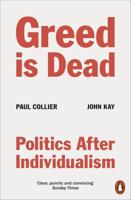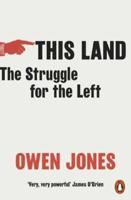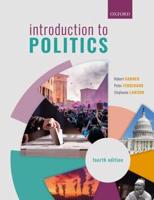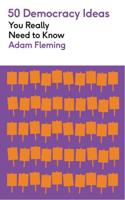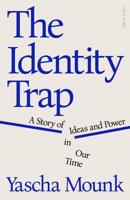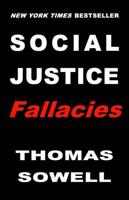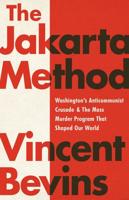Publisher's Synopsis
Excerpt from The Western and Eastern Questions of Europe, Vol. 1
Let us glance at the reason and value of these small States in the light of the freedom, the liberal institutions, and the general rights of man. Which they procure and maintain for their subjects or citizens. Take Ireland, for example. Could any form of independent nationality, under a constitutional monarchy, or a republic, raise an Irishman one political inch above an Englishman on the sister island, or in any quality or enjoy ment of freedom to think, Speak, move, or act in the pursuit of happi ness Would the repeal of the Union, or a republic, cheapen a single acre of land, or even transfer one to a new owner without pay to some body? Ireland elects and sends to the Imperial Parliament more repre sentatives pro rata of her population than she would be allowed to send to Washington were she united to the American Republic. If independ ent, would she send more or better representatives to Dublin? If she could and did, could and would they be more unanimous at Dublin than in London, or make better laws for the best good of her people than they could if equally honest and united in the British Parliament? In a word, could any form of national independence give an Irishman in Ireland a single possibility of freedom in the pursuit of happiness which he can not enjoy or reach, as a subject of the United Kingdom, on the same foot ing as an Englishman in England?
About the Publisher
Forgotten Books publishes hundreds of thousands of rare and classic books. Find more at www.forgottenbooks.com
This book is a reproduction of an important historical work. Forgotten Books uses state-of-the-art technology to digitally reconstruct the work, preserving the original format whilst repairing imperfections present in the aged copy. In rare cases, an imperfection in the original, such as a blemish or missing page, may be replicated in our edition. We do, however, repair the vast majority of imperfections successfully; any imperfections that remain are intentionally left to preserve the state of such historical works.

